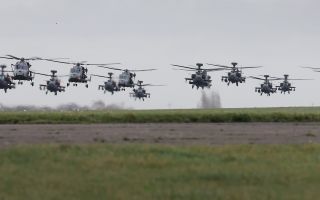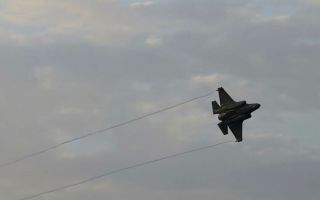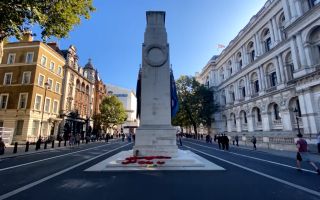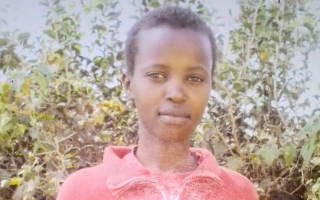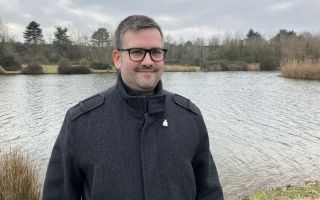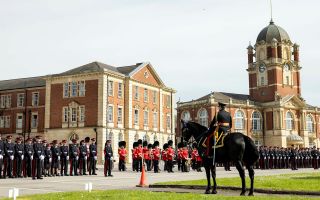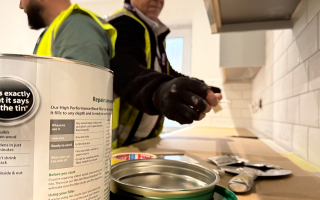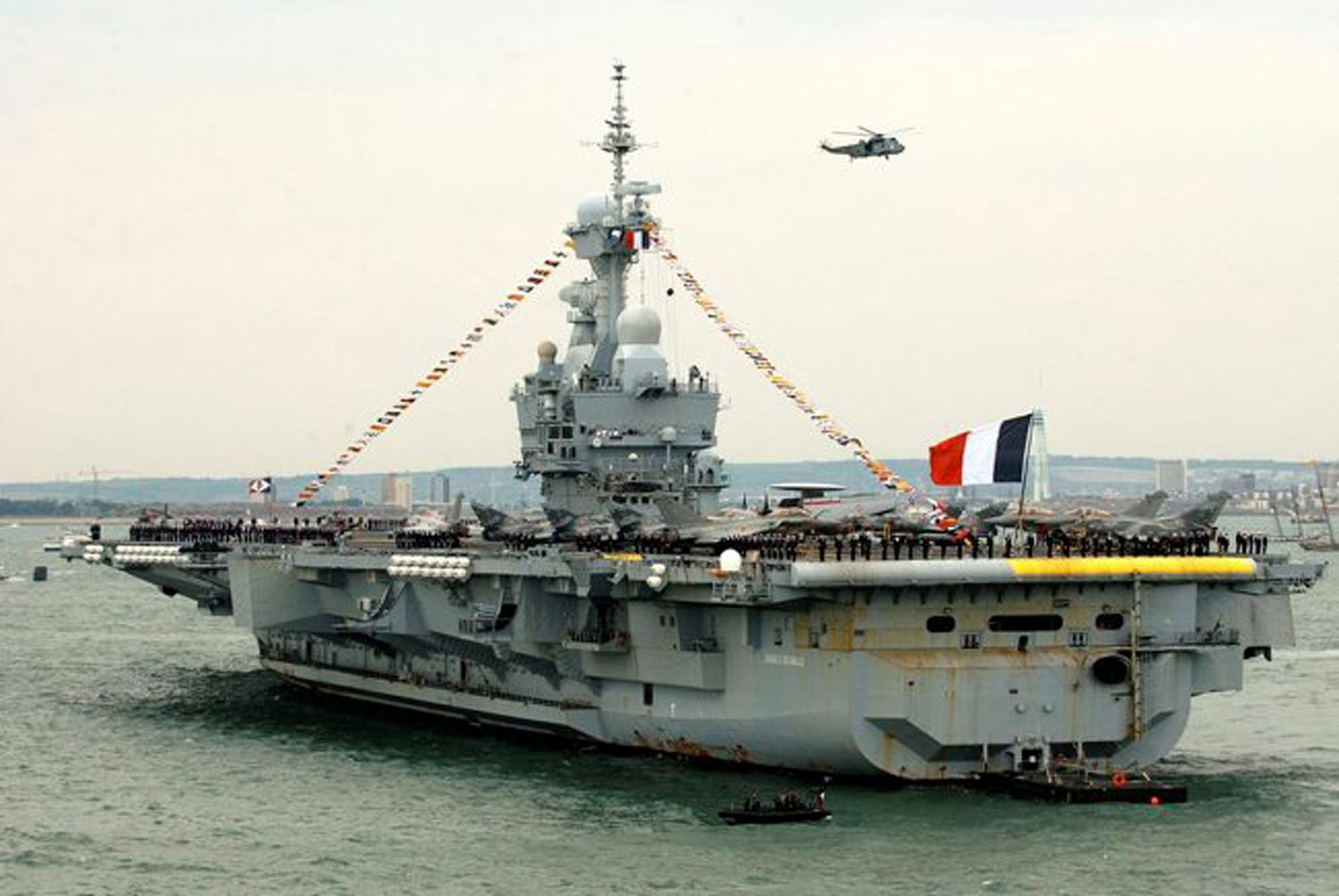
Tri-Service
Analysis: Après Paris - The Military Response

If the first duty of the state is to look after the safety of its citizens then the French Fifth Republic has some hard decisions to make.
Dozens of its citizens have just been murdered, possibly by an entity which pretends it is itself a state. If so – what response will help ensure the future safety of French people? Going after the perpetrators, or withdrawing from the fray?
The French government has already shown it is unlikely to do latter. The French have a good idea with whom they are dealing and know that retreat in the face of this enemy is unlikely to stop its advance. The more likely scenario is of increased military activity against Islamic State, and not just by France.
Paris has a range of options which may well be used given that the government described Friday night’s attacks as ‘an act of war’. The aircraft carrier Charles De Gaulle will leave for the Gulf this week. It can provide the extra fire power to hit Islamic State in Syria.
To date the French air strikes have overwhelmingly been in Iraq, although they have occasionally struck in Syria. President Hollande has now been tempted into hitting the IS headquarters in the city of Raqqa. This is something the Americans have mostly held back from doing due to the risk of civilian casualties.
More from Forces.tv: Meet The French Fighter Jet With Islamic State In Its Sights
President Hollande also has the option of sending in Special Forces to oversee an increase in air strikes. What is less likely is a significant influx of ground forces.
The political debate is changing because of Paris. Already former President Sarkozy (who may stand again) is calling for an alliance of Russia, France, the USA and the UK to work together to combat IS. This resurrection of the WW2 alliance against fascism is a ‘big ask’, but if you take the view that the Paris attacks are a game changer then some form of co-operation cannot be ruled out.
The debate in America is also changing in the light of the attacks in Paris, Beirut, and the downing of the Russian passenger plane over the Sinai. Already the senior Democrat on the Senate Intelligence Committee, Diane Feinstein, has said that President Obama’s strategy of limited air strikes and minimal Special Forces support "are not sufficient to protect our country and our allies" adding..
"The fight is quickly spreading outside Iraq and Syria, and that's why we must take the battle to them."
In the UK the debate about deeper involvement will also be re-ignited by the atrocity in Paris. Even before the attacks the UK’s Chief of Defence Staff, Sir Nick Houghton, said that “… we are letting our allies down by not being a full player." In less reported remarks he also said "There is also an opportunity for political convergence between America, ourselves, the West and Putin". This now ties in with former President Sarkozy’s latest remarks.
After Paris the British government will assess the public and political mood in the UK and judge if they should table a vote on the RAF bombing in Syria as well as Iraq. PM Cameron wants to do this, and would have already held a vote but the maths was against him. If that changes – there will be a vote on standing ‘shoulder to shoulder with our NATO ally France’.
More from Forces.tv: French Air Force Release Footage Of Simulated Nuclear Strike
There will also be political and social ramifications. The Paris attacks are likely to result in a rise in the support of the right wing French party the Front Nationale. In the UK it may affect people’s view on the EU ahead of the referendum on whether to stay in or not.
After Paris the spirit of Schengen may shrivel and die. It had already taken some hammer blows due to the refugee/migrant crisis and it may become the norm to suspend the agreement
And finally, after Paris, race relations in France, already poor, may worsen. About 8% of the French population are Muslims. On Saturday morning Muslims all over Europe woke up and thought ‘Not again’. They know the actions of a few, will be blamed by some, on the many. That is what the terrorists want – division and hatred.
Tim Marshall is the former Foreign and Diplomatic Editor for Sky News. He's now editor of the International Relations website www.thewhatandthewhy.com and can be found tweeting at @itwitius


